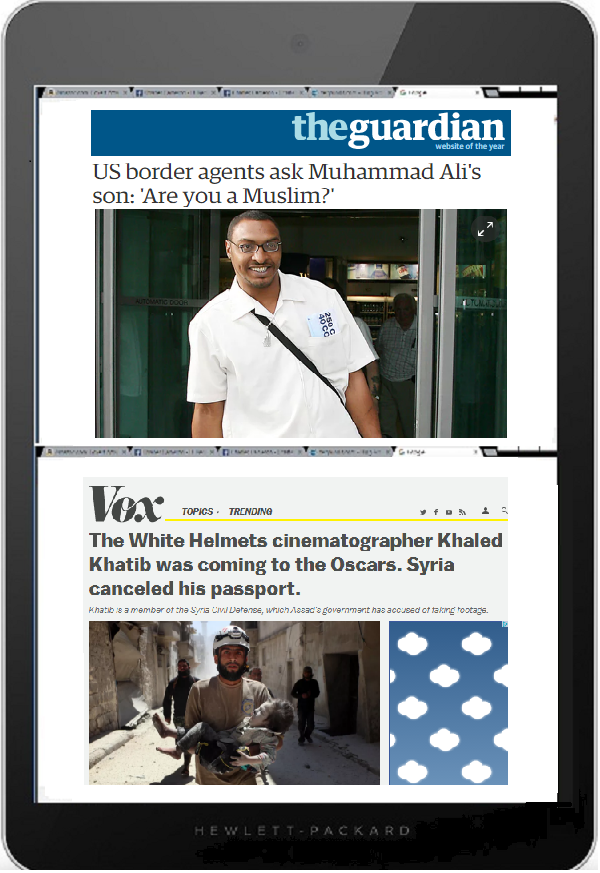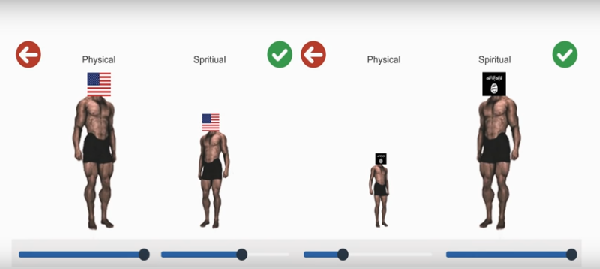Double & SingleQuoting Syria
Friday, April 7th, 2017[ by Charles Cameron — who like Ryan Evans has more questions than answers ]
.
This, for the use of the DoubleQuotes format:
SecState Tillerson and NSA McMaster just gave two conflicting statements on Syria strikes. Message discipline sorely needed right now. pic.twitter.com/6cPRrCEgsI
— Christina Wilkie (@christinawilkie) April 7, 2017
**
Okay, undeclared warfare has clearly been declared, if it hadn’t been already: maybe someone should tell Congress —
The President must get Congressional approval before attacking Syria-big mistake if he does not!
— Donald J. Trump (@realDonaldTrump) August 30, 2013
In the meantime, consider:
Now that Trump has directly struck and taken out an Assad regime air base, the regime to watch for reaction isn't Russia's but Iran's.
— ?yad el-Baghdadi (@iyad_elbaghdadi) April 7, 2017
together with:
It's worth pausing to think about the Chinese angle here, too. What do they make of this happening during Xi's visit?
— Howard French (@hofrench) April 7, 2017
**
Reaction from the furthest right in two tweets:
Bannon out. Nunes out. Flynn out. Sessions recused. We won WH & both houses! Imagine if we lost. GOP would be picking up Dems dry cleaning.
— Ann Coulter (@AnnCoulter) April 6, 2017
together with:
If Bannon does not resign, I will have lost a tremendous amount of respect for him. #NoWarInSyria
— Richard ? Spencer (@RichardBSpencer) April 7, 2017
**
And just for the sheer fun of it — no DoubleQuote here!
One Syrian tells me the new nom de guerre for President Trump on the ground in Northern Syria is Abu Ivanka al Amriki. #syria
— Clarissa Ward (@clarissaward) April 7, 2017






